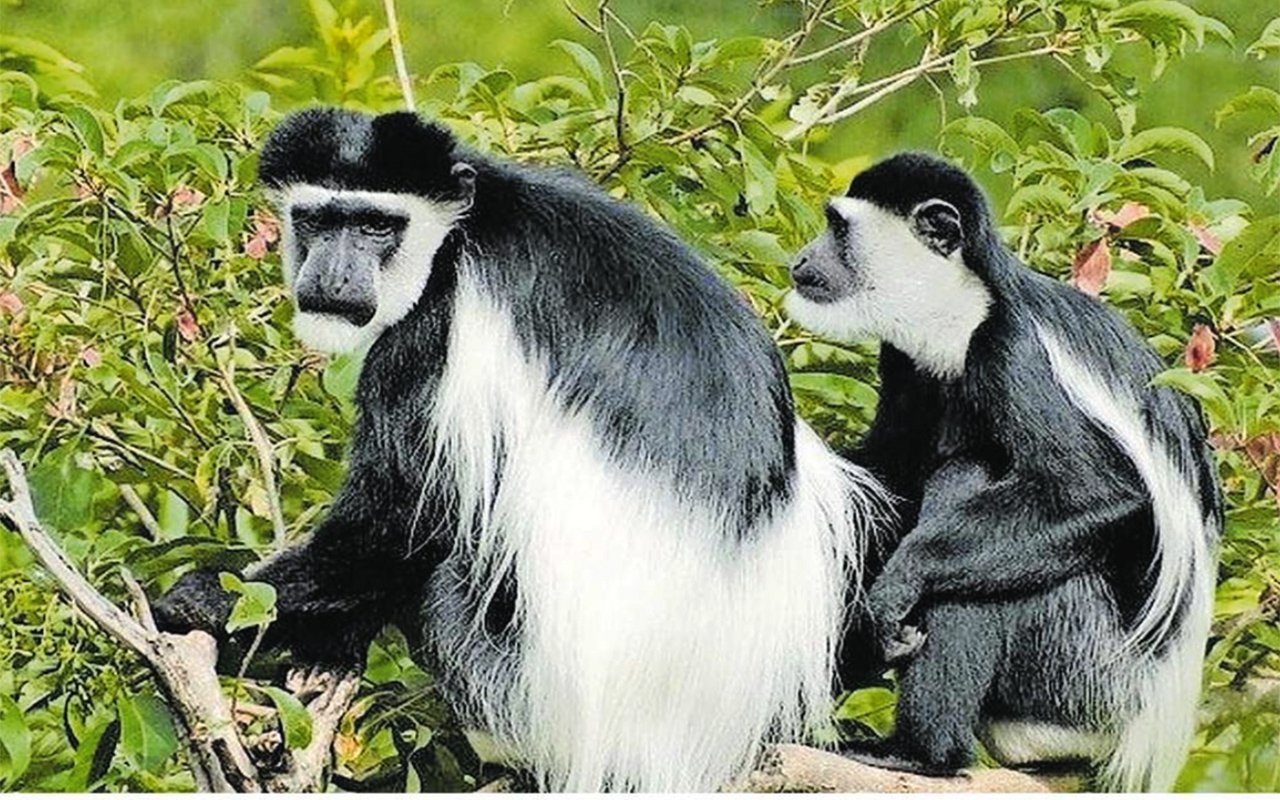Prime
Innovate or perish, media players told

Makerere University Deputy Vice Chancellor (Academic Affairs) Prof Mukadasi Buyinza, NMG Uganda Chief Sub-Editor Allan Chekwech and the head of the Department of Journalism and Communication, Dr Aisha Nakiwala, present a dummy cheque to Moses Jimmy Olara, the winner of the 2024 Tebere-Mudin Award, at the Annual Media Convention on Tuesday. The Tebere-Mudin Award is given to the overall best Journalism and Communication student. Olara obtained the highest Cumulative Grade Point Average (CGPA) of 4.44. It is sponsored by Daily Monitor in honour of former editors Richard Tebere and Rashid Mudini who died in a motor rally accident in Karamoja in 1998. Photo | Geofrey Mutumba.
What you need to know:
- Experts say the rise of social media and digital platforms has diminished the dominance of traditional media.
Media practitioners have been urged to be more innovative if they are to remain relevant in the face of challenges brought about by new technologies such as Artificial Intelligence and social media platforms.
Media managers observed that social media platforms such as TikTok, WhatsApp and Instagram are increasingly becoming the go-to sources of news and entertainment even when they spread misinformation.
The call dominated discussion at the Annual Media Convention held at Makerere University on Tuesday under the theme; ‘Harnessing Artificial Intelligence and Social Networks to Combat Misinformation in Uganda’.
Contributing to the debate, the Executive Director of the Uganda Communications Commission, Mr Nyombi Thembo, said the rise of social media and digital platforms has diminished the dominance of traditional media.
“The State is under assault everywhere in the world,” he said.
He said this had also fuelled mistrust within the government, thereby threatening the existence of the State and individuals.
To control the challenges brought by new technologies such as AI, the State Minister for ICT and National Guidance, Mr Godfrey Kabbyanga, has said the government plans to merge all communication laws.
He explained these laws will also provide a conducive environment for people to do business, especially online.
According to him, the government will also come up with an AI policy.
“And you see now all these terrorist acts have reduced because of technology. We are now using technical intelligence. We can now know what you are doing everywhere,” he said.
Some of these laws include the Computer Misuse Act and the Data Protection and Privacy Act.
Prof Bruce Mutsvairo, the chair of Media, Politics and the Global South in the Faculty of Humanities at Utrecht University in the Netherlands, called for a community-based approach to fact-checking.
He announced that a citizen-led fact-checking phenomenon, which he is currently developing if integrated with AI, can bring much-needed results.
Mr Joel Kigozi, the vice chairperson of the National Association of Broadcasters said: “Technology is not bad but the illiteracy around it has to be addressed.”
Mr Daniel Kalinaki, the General Manager, Editorial at Nation Media Group Uganda, encouraged student journalists to leverage AI and open source intelligence if they are to survive in the media industry.
"When young people come from the universities today, they come in as young journalists, they are bringing the same level of knowledge, sometimes even less than what we left at the university 25 years ago," he said.
“For young people, you need to future-proof yourself by one or two things; either you should be very good at technical skills of dealing with technology or you should be very creative," he added.





